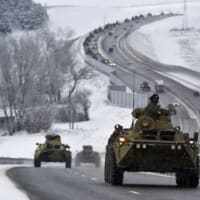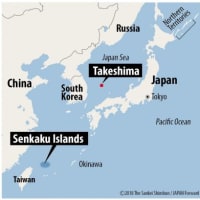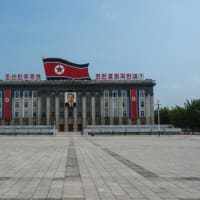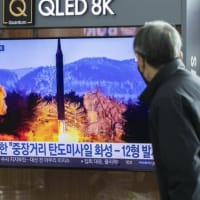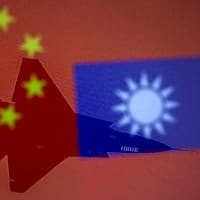
The topic this time is:
Is there anything Japan can do about China, which openly defends Russia, saying, "Russia is right about Ukraine and the Northern Territories"?
In joint military exercises, Japan has become a "virtual enemy".
I would like to tentatively share the article contents of PRESIDENT Online posted on February 17.
1. China won't stop Russia's "invasion" of Ukraine.
The Sino-Russian summit held before the opening ceremony of the Beijing Winter Olympics on February 4 showed off the unity of the two countries by announcing a joint statement against the expansion of the North Atlantic Treaty Organization (NATO).
The U.S. and Europe had hoped that China would ask Russia to exercise restraint in the situation in Ukraine, but as far as the content of the statement was concerned, there was no such expression.
China, reacting to the political boycott of the opening ceremony by Western countries and Japan, appears to have prioritized cooperation between China and Russia.
It is inevitable that the diplomatic rivalry between the G7 countries and China and Russia, which are opposed in philosophy, will deepen.
Moreover, there are fears that China and Russia will intensify diplomatic and military pressure on Japan, a "weak link" in the G7.
2. Diplomatic efforts to deter the "Sino-Russian quasi-alliance" will be necessary.
The U.S. was hoping that China would act as an intermediary as Russia increased its troop strength to more than 100,000 troops on the Ukrainian border and showed signs of an invasion.
U.S. Undersecretary of State Nuland had said, "China must not want a conflict in Ukraine either. I hope China will use its pressure on Moscow."
At the end of January, Secretary of State Blinken had a telephone conversation with Foreign Minister Wang Yi and apparently made a request to this effect.
During the 2008 Summer Olympics in Beijing, the Russian-Georgian war broke out in parallel, and the Chinese Foreign Ministry twice issued statements during the Olympics demanding an immediate ceasefire between the two countries.
China was concerned that the Olympics, a time of national prestige, would be ruined by war.
At the time, the person in charge of the Olympics in the Chinese leadership was then Vice President Xi Jinping.
At the February 4 summit, however, President Xi stated that "China-Russia relationship is a pillar for the unity of the world" and that he would "resolutely defend the fundamental interests of China and Russia," indicating that he would give priority to the unity of China and Russia.
For further information you may visit the following:










